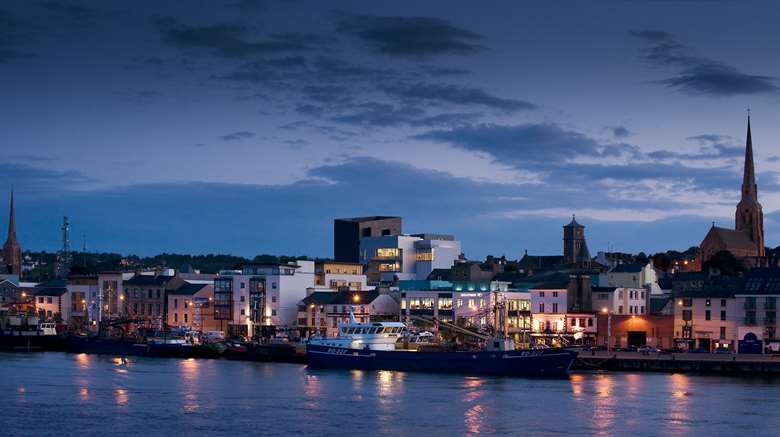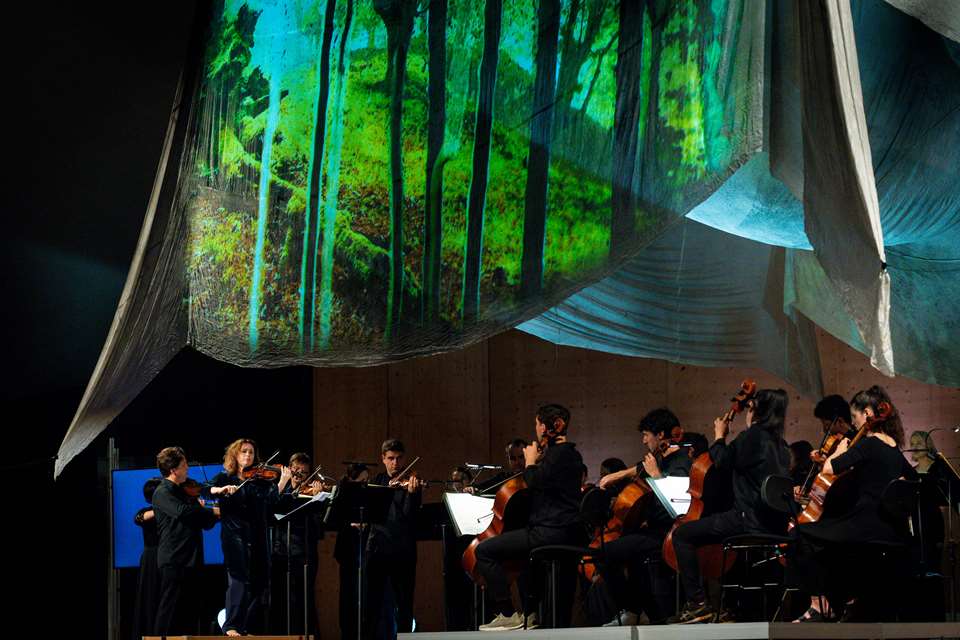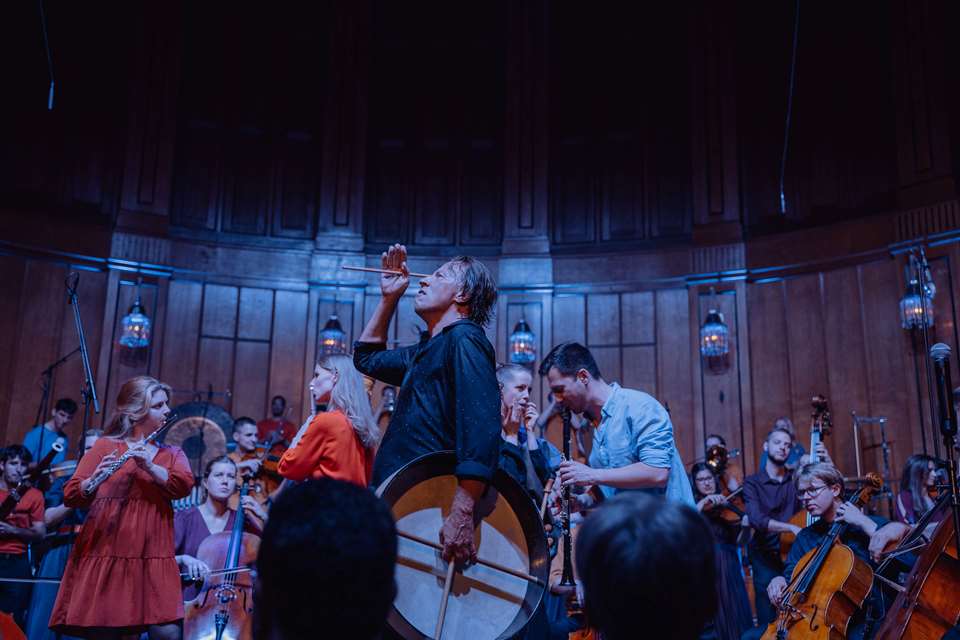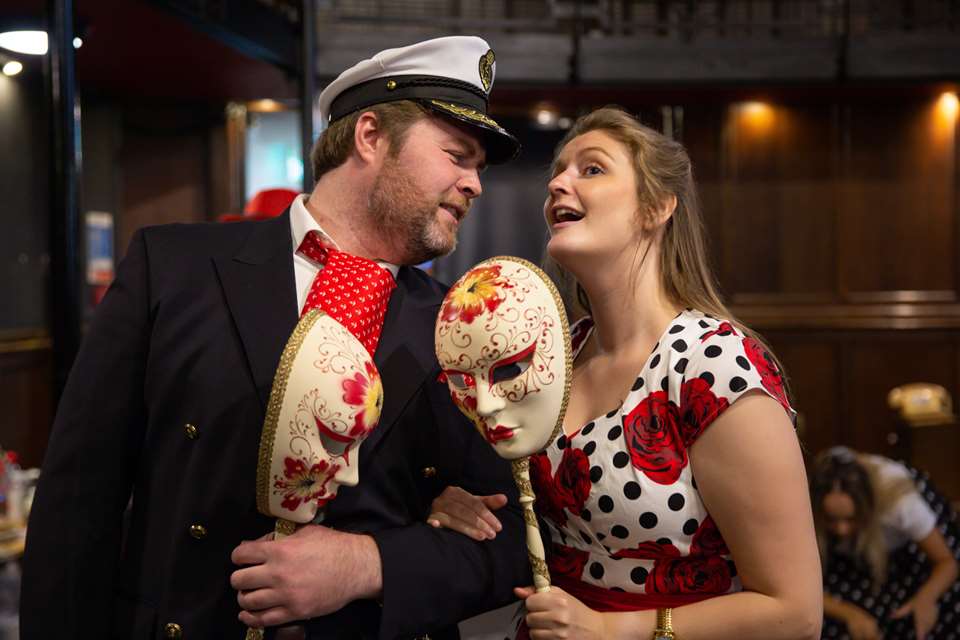‘All opera's women are fighters’: Rosetta Cucchi on Wexford Festival Opera’s 2023 programme
Simon Mundy
Thursday, August 31, 2023
With this year’s festival centred around the theme of ‘Women and War’, Simon Mundy sits down with artistic director Rosetta Cucchi to learn about the Irish festival’s roots as well as its upcoming programme


Register now to continue reading
Don’t miss out on our dedicated coverage of the classical music world. Register today to enjoy the following benefits:
- Unlimited access to news pages
- Free weekly email newsletter
- Free access to two subscriber-only articles per month


